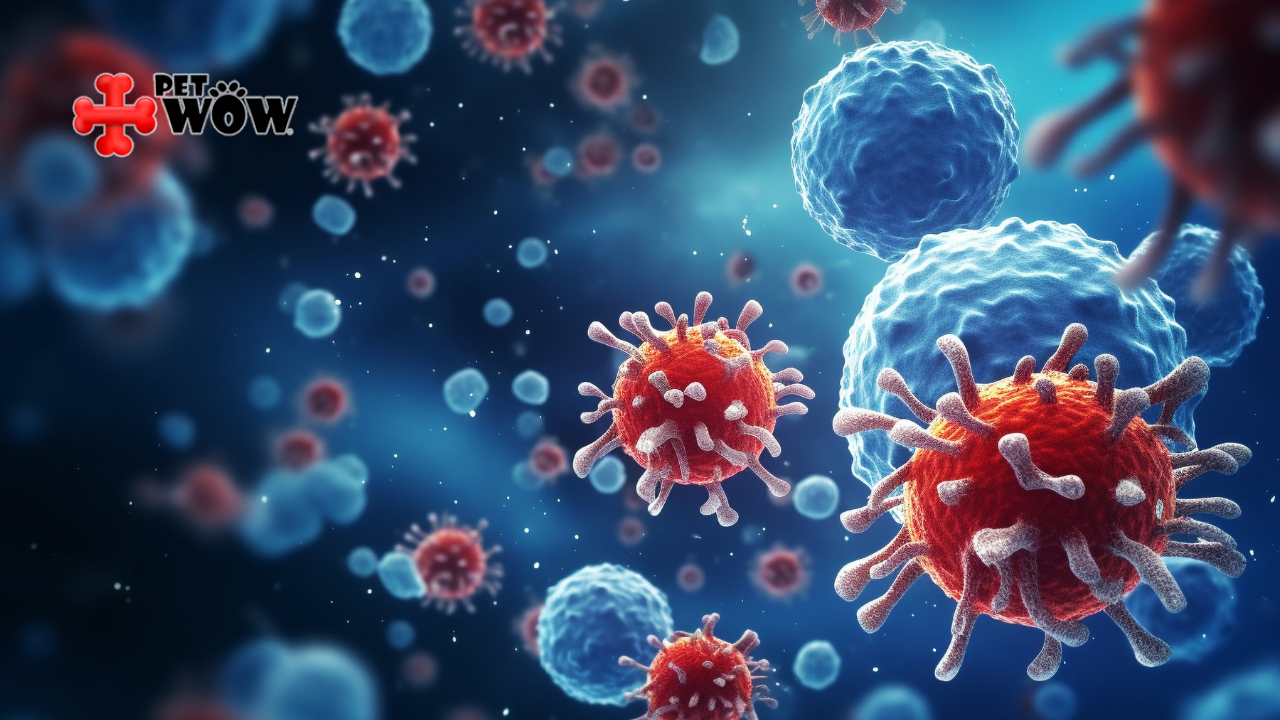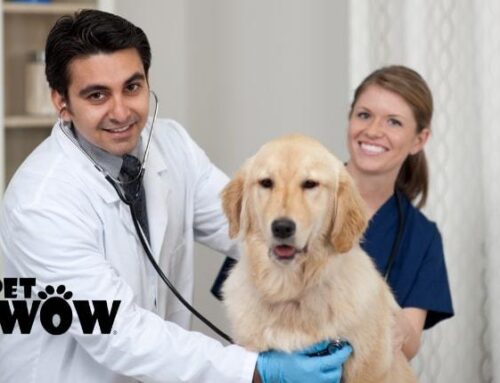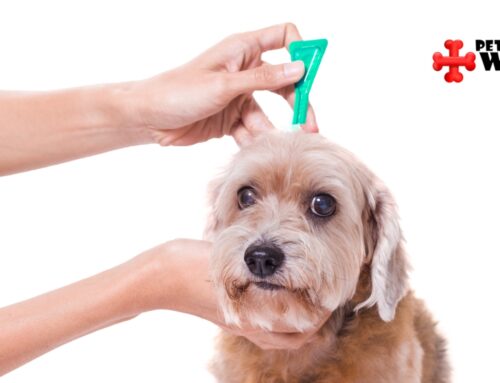Families are known for sharing love and laughter, but did you know that they can also share something unexpected – parasites? Our beloved furry companions, dogs, and cats, can be carriers of parasites that not only affect their own health but can also pose risks to their human family members. In this eye-opening article, we will look into the world of shared parasites between pets and people, exploring common culprits such as fleas, ticks, roundworms, hookworms, and Giardia. Understanding these parasites is essential for safeguarding both our beloved animals and ourselves.
Common Parasites in Dogs, Cats, and Humans
Fleas
Fleas, those tiny yet pesky creatures, are notorious for causing discomfort to our pets and even to us. They thrive in warm environments, leaping from one host to another with remarkable speed. Our furry companions often serve as easy targets, and when these parasites infest, they can wreak havoc on the well-being of dogs, cats, and even humans.
Flea bites can lead to skin irritation, itching, and allergic reactions, causing discomfort for our pets and family members alike. Furthermore, fleas can transmit tapeworms to pets, posing additional health risks. Vigilance and effective flea control are key to protecting both our pets and our homes from these unwelcome visitors.
Ticks
Ticks are another parasite that can spell trouble for pets and humans alike. These small arachnids can latch onto our furry companions during outdoor adventures and attach themselves to the skin, feeding on blood. In doing so, they can transmit various diseases, such as Lyme disease and Rocky Mountain spotted fever.
Keeping our pets tick-free is crucial for preventing these diseases from affecting our families. Regular tick checks after outdoor activities and using appropriate tick preventatives are essential preventive measures.
Roundworms
Roundworms are intestinal parasites that can infect both dogs and cats. These worms lay eggs that are shed in the feces of infected animals, contaminating the environment. Humans can accidentally ingest these eggs, leading to a condition known as zoonotic transmission.
Symptoms of roundworm infection in humans can vary, including abdominal pain, nausea, and even vision problems. Deworming our pets regularly, especially puppies and kittens, is vital in reducing the risk of roundworm transmission to humans.
Hookworms
Hookworms are intestinal parasites that can cause anemia and gastrointestinal issues in pets. These bloodsuckers attach themselves to the intestinal lining and feed on their host’s blood. While hookworm infections are primarily seen in pets, humans can also be affected by these parasites.
Hookworm larvae can penetrate human skin, leading to skin lesions and a condition known as cutaneous larva migrans. Practicing good hygiene, prompt removal of pet waste, and routine deworming for pets are crucial in minimizing the risk of hookworm transmission.
Giardia
Giardia is a microscopic parasite that affects the gastrointestinal system of both pets and humans. It is commonly transmitted through contaminated water sources, making it important to be mindful of water quality during outdoor activities with our pets.
Symptoms of Giardia infection in pets can include diarrhea, vomiting, and weight loss. In humans, Giardia can cause similar gastrointestinal symptoms, often referred to as “traveler’s diarrhea.” Proper hygiene and avoiding exposure to contaminated water can help reduce the risk of Giardia transmission.
Preventive Measures
Regular Veterinary Check-ups
Regular veterinary check-ups are essential for early detection and prevention of parasite infestations in pets. Veterinarians can conduct thorough examinations and perform fecal tests to identify and treat parasites promptly. Routine visits help maintain the health and well-being of our pets and protect them from potential health risks.
Flea and Tick Control
Effective flea and tick control play a crucial role in preventing infestations in pets and minimizing the risk of parasite transmission to humans. Utilizing veterinarian recommended flea and tick preventatives can help keep our pets and homes free from these parasites.
Deworming
Deworming protocols are vital in preventing the transmission of intestinal parasites like roundworms and hookworms. Veterinary professionals can create personalized deworming plans based on a pet’s specific needs, ensuring their overall health and preventing zoonotic transmission.
Hygiene Practices
Practicing good hygiene is essential in reducing the risk of parasite transmission between pets and humans. Proper handwashing after handling pets, especially before meals, can help minimize the chances of contracting parasites. Promptly cleaning up pet waste also prevents environmental contamination.
PetWow’s Comprehensive Services for Pet Health and Wellness
It is clear that the health of our pets directly impacts the health of our families. Parasites that can be shared between animals and humans highlight the importance of regular pet care and preventive measures. At PetWow, we take pride in offering a comprehensive range of services, from top-notch veterinary care to professional grooming, to ensure that your furry companions receive the best possible care, leading to a healthier and happier life for both pets and their human families.
Whether it’s scheduling a veterinary visit to keep up with preventive care, pampering your pet with our exceptional grooming services, or exploring our wide array of quality pet products, PetWow is here to support you every step of the way. Your pet’s health is our priority, and our experienced team of veterinarians and pet care professionals is ready to provide the care and attention they deserve.
Contact us today to set up a veterinary visit, schedule a grooming session, or simply visit our store to explore the array of products we offer. Let PetWow be your partner in ensuring the well-being of your furry friends, and ultimately, the health of your entire family. Together, let’s pave the way for a healthier and happier bond between pets and their loving human companions.
For more pet care tips, follow us on Facebook, Twitter, Instagram, Pinterest or LinkedIn!






